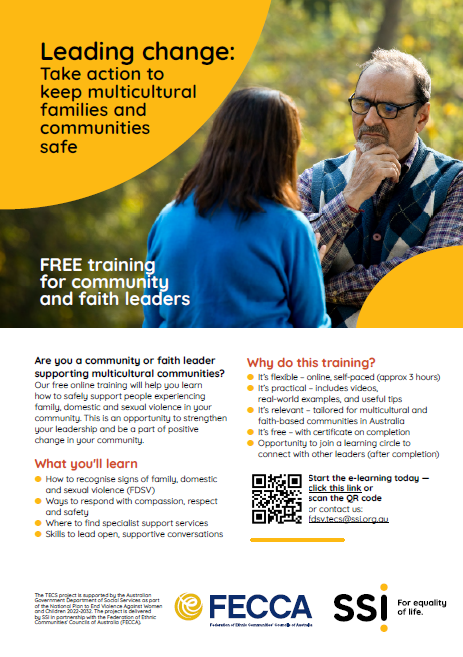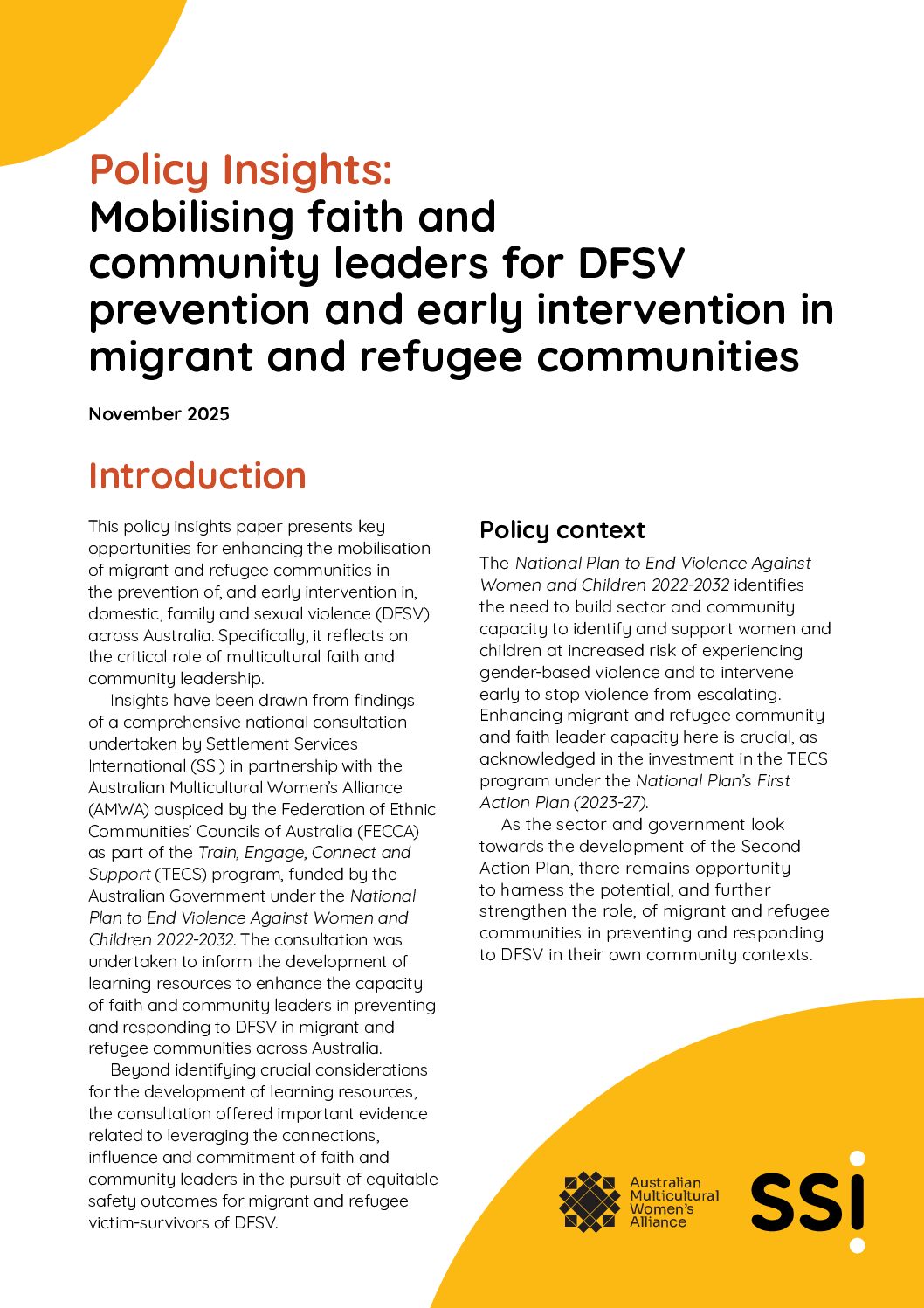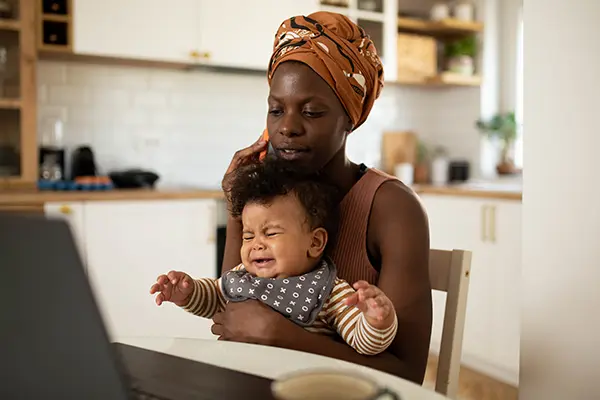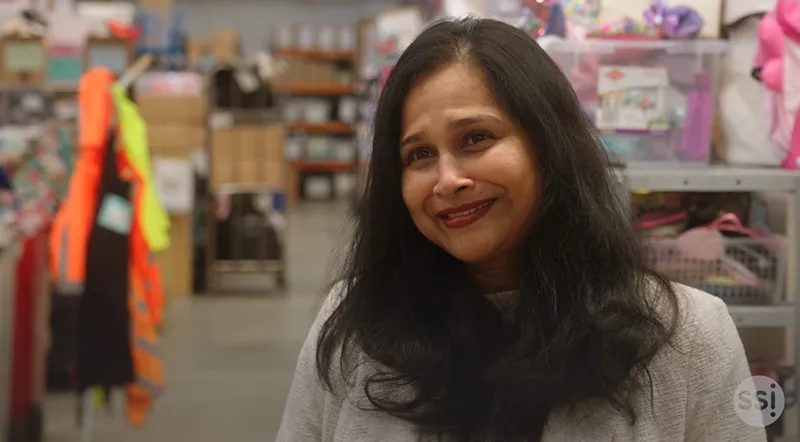Improving safety outcomes for migrant and refugee women and children
The Train, Engage, Connect, Support (TECS) project seeks to engage and build the capacity of multicultural community and faith leaders across Australia to prevent and respond to family, domestic and sexual violence (FDSV), in collaboration with specialist services.
This is a collaborative initiative, which recognises the importance of mobilising communities to address FDSV – a universal issue. Faith and community leaders supporting multicultural communities share our vision of respect, safety, and equality for all and have a unique and critical role to play as social responders. The TECS project has developed learning resources to support leaders to take action to prevent and respond to FDSV in their communities.
Fostering a supportive and inclusive environment is crucial—one where victim survivors of FDSV feel empowered to seek help, and individuals who use FDSV are held accountable for their actions.
The TECS project is supported by the Australian Government under the National Plan to End Violence Against Women and Children 2022-2032. The project is delivered by SSI in partnership with the Federation of Ethnic Communities’ Councils of Australia (FECCA).
Safer, stronger communities free from violence: our approach
In collaboration with community leaders, faith leaders, people from migrant and refugee communities with lived experience, and key sector stakeholders, the project involves:

National consultations with nearly 300 faith and community leaders, victim survivors and sector stakeholders across all states and territories.

Collaboration with faith and community leaders, victim survivors and sector stakeholders to co-design and deliver an evidence-based, culturally responsive national training package for faith and community leaders.

Facilitation of learning circles to support leaders to provide feedback, connect and share experiences following completion of the training.
Taking action to keep multicultural communities safe: Faith and community leaders training
The TECS project’s co-designed learning materials support community and faith leaders from migrant and refugee communities to prevent, identify and respond to FDSV. These resources are available to community and faith leaders across Australia who want to build their skills in understanding FDSV and support their communities to address these issues.
The training package includes:
- An interactive e-learning course to increase faith and community leaders’ confidence to understand and shape their role in recognising FDSV, responding appropriately, and referring victim-survivors to appropriate services. Includes vignettes featuring diverse community and faith leaders to highlight the role leaders can play in responding to FDSV.
- A conversation guide to help leaders recall core information from the e-learning and have conversations about FDSV in their communities. This is available within the e-learning.
- Opportunity to join a learning circle where you can connect with other leaders who have also completed this training. The registration link for this is available within the e-learning.
Certificates are available for leaders who complete the e-learning course.
Download stakeholder engagement toolkit

This toolkit helps to promote our free training for community and faith leaders to learn how to safely support people experiencing family, domestic, and sexual violence in their community.
Download promotional flyer/poster

This flyer/poster is available to help promote our free training for community and faith leaders supporting multicultural communities.
Download policy insight

This policy insights paper presents key opportunities for enhancing the mobilisation of migrant and refugee communities in the prevention of, and early intervention in, domestic, family and sexual violence (DFSV) across Australia. Specifically, it reflects on the critical role of multicultural faith and community leadership.
Get in touch
For more information about this project, please contact us at fdsv.tecs@ssi.org.au or call our Community Engagement Coordinator on 0466 217 497.
Do you need support?

1800RESPECT – 1800 737 732
This is a 24-hour national sexual assault, family and domestic violence counselling line for any Australian who has experienced or is at risk of, family and domestic violence and/or sexual assault.
Individuals can also access local support services and search the internet using Daisy, a free app developed by 1800RESPECT that protects user privacy.
If you need translation or interpreting services call:
Translating and Interpreting Service National on 13 14 50 and ask them to contact 1800 RESPECT for you.
For callers who are deaf or have a hearing or speech impairment call National Relay Service and ask them to contact 1800RESPECT
- TTY/Voice Calls – phone 133 677
- Speak and Listen – phone 1300 555 727
- Internet relay users – visit the National Relay Service website
MensLine Australia – 1300 789 978
Supports men and boys who are dealing with family and relationship difficulties. 24/7 telephone and online support an information service for Australian men.
Men’s Referral Service – 1300 766 491
This service from No to Violence offers assistance, information and counselling to help men who use family violence.
Kids Help Line – 1800 55 1800
Australia-wide free 24/7, confidential and private counselling service specifically for children and young people aged five to 25 years.
Elder Abuse Help Line – 1300 651 192
Free information and support services for people who experience or witness the abuse of an older person. Operating hours vary.
Financial Counselling Australia – 1800 007 007
Access free resources and advice from a private financial counsellor. Call 1800 007 007 to speak to someone in your state.
13YARN – 13 92 76
The first national crisis support line for mob who are feeling overwhelmed or having difficulty coping.
They offer a confidential one-on-one yarning opportunity with a Lifeline-trained Aboriginal & Torres Strait Islander Crisis Supporter.


Download social media and newsletter tiles